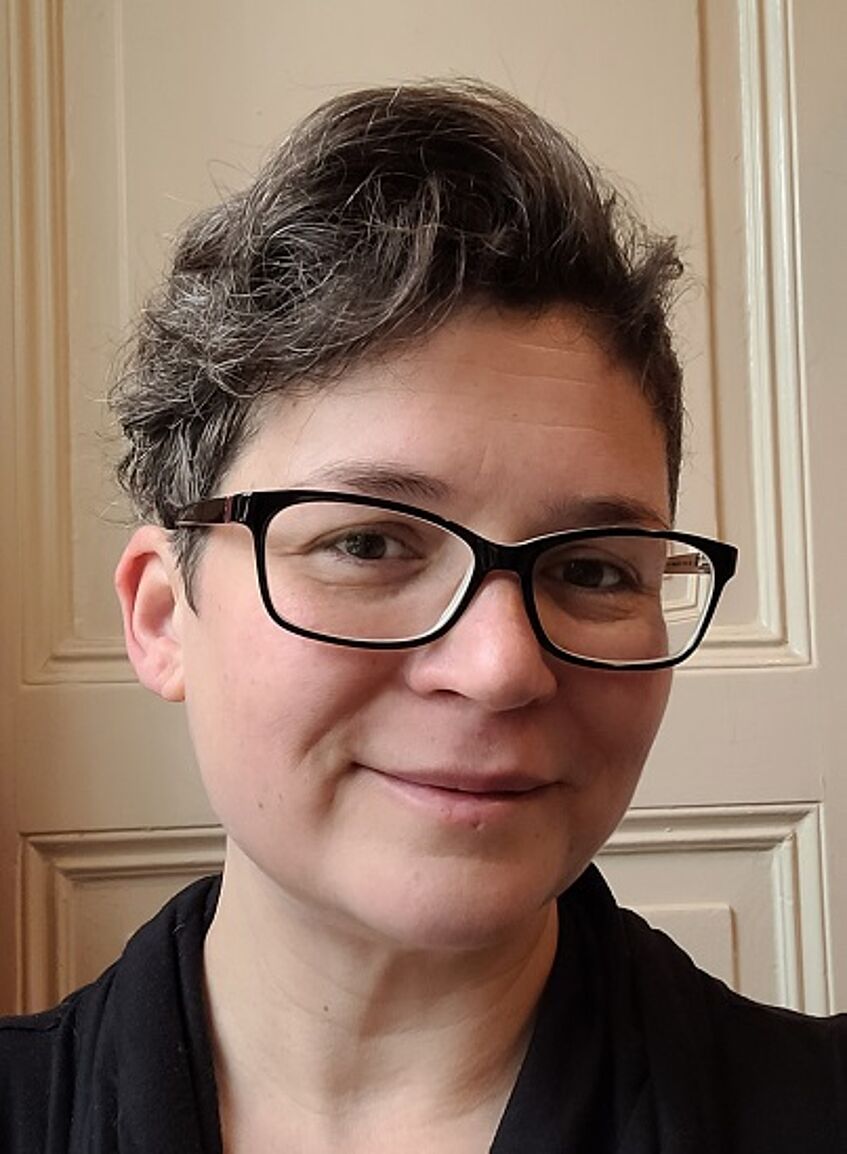Dr. Dr. Hanna Lucia Worliczek

Dr. Dr. Hanna Lucia Worliczek
University Assistant, post-doc
Hanna Lucia Worliczek is a university assistant (post-doc) at the Chair of History of Science in Medicine and Biosciences at the Faculty Center for Transdisciplinary Historical and Cultural Studies. Her work focuses on the recent history of the life sciences and medicine. She puts a particular emphasis on intersections of and translational processes between the realms of basic research, laboratory medicine, clinical practice, patients, and public health. Her further research interests include historical epistemology of cell biology, the dynamic status of descriptive research, and the historiography of recent and most recent life sciences and biomedicine. Drawing from her previous expertise as a microbiologist, she links historiography and historical epistemology with current debates in the life sciences and biomedicine.
After the completion of her diploma studies in biology-microbiology Hanna Worliczek obtained her doctoral degree in genetic-microbiology with a dissertation on the immunology of a protozoan infection in pigs in 2010 (University of Vienna). After four years as a postdoc in veterinary parasitology, she pursued her doctoral studies in history in the doctoral program “The sciences in historical, philosophical, and cultural contexts” at the University of Vienna and completed it in 2020 with a thesis on the history of immunofluorescence microscopy as an epistemic tool of cell biologists (awarded with the Grete Mostny dissertation prize 2021). She was a McDonnel-Scholar at the Marine Biological Laboratory in Woods Hole (MA, USA) before working as an associate fellow at the Department of History (University of Vienna, research scholarship of the Gerda Henkel Foundation). Since 2022, first as a postdoctoral scholar at the Max Planck Institute for the History of Science (Berlin, MPRG Practices of Validation in the Biomedical Sciences), then as a postdoc at Bielefeld University (RG History and Philosophy of Medicine) she pursues her scholarship in an entangled perspective of history of science and medicine.
In her current project, Hanna Worliczek investigates the history of knowing, managing, and delegating risks and responsibilities in the context of prenatal screening for toxoplasmosis – with congenital toxoplasmosis being a rare but globally prevalent and teratogenic parasitic disease. With the Austrian Mother-Child-Health-Passport, introduced 1975, and its prehistory as the central case, and screening/diagnostic programs in France, the GDR, and the FRG after 1950 as comparative cases, she integrates scholarship on risky pregnancies, prenatal screening, epistemic risks, teratogenic risks, and reproductive health with a historical-epistemological approach to investigate different forms of knowledge, their perceived validity, and their hierarchies and political epistemologies in its regional varieties.
Courses
Please see u:find for current and past courses.
